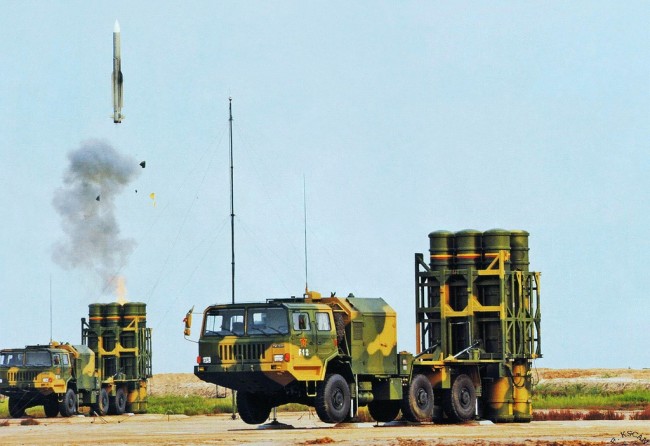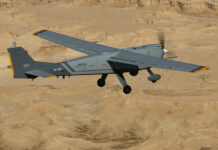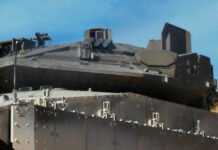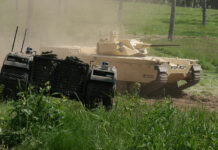
Objections of Western allies and reservations of local subcontractors over potential consequences of association with the blacklisted CPMIEC are distancing the Chinese contractor from the coveted $3.44 Billion missile defense contract with Ankara – Hurriyet Daily News reports.

After months of consistent support for the deal, Turkey’s defense procurement establishment and intended industry partners are wearing down over the potential $3.44 billion deal with China Precision Machinery Import-Export Corp (CPMIEC), as the administration reassesses the broader consequences of their September 2013 decision to award the controversial contract to the Chinese company. With CPMIEC being on the US black list, its potential Turkish subcontractors would be exposed to similar sanctions. “Aselsan is especially increasingly cautious,” Hurriyet quoted an anonymous source in the defense administration, military electronics specialist Aselsan, Turkey’s biggest defense firm, has been designated as the program’s prime local subcontractor.
Turkey has come under strong pressure from its NATO allies since it announced its decision over the T-LORAMIDS long-range air and anti-missile system. Ankara said it had chosen CPMIEC FD-2000 missile-defense system over rival offers from Franco-Italian Eurosam SAMP/T and Raytheon of the United States. Ankara said the decision was based on better price and better terms of technology transfer but the selection raised much controversy among NATO allies, refusing to allow integration of the Chinese system into the NATO air defense network and fact that the Chinese company has been sanctioned under the Iran, North Korea and Syria non proliferation act.
Turkey’s Defense Industry Executive Committee oversees major procurement decisions, including the air defense system. The committee is chaired by Prime Minister Recep Tayyip Erdoğan, while its other members include Defense Minister İsmet Yılmaz, Chief of General Staff Gen. Necdet Özel and SSM chief Murad Bayar. Bayar said Feb. 27 that Turkey was aiming to decide on talks with CPMIEC and finalize a roadmap on the program next month. “Our talks with China are ongoing. We have extended the bidding until the end of April. We are aiming to get results in early April on this,” Bayar said.
There are indications that Turkey’s procurement agency, the Undersecretariat for Defense Industries (SSM), may have distanced itself from the Chinese option. “We think that the SSM now has a more NATO-centric view over the competition, not just military,” a Turkish security official dealing with NATO said. NATO and U.S. officials have said any Chinese-built system could not be integrated with Turkey’s joint air defense assets with NATO and the U.S. and that it may harm Turkey’s relations with the alliance.
Final decision would be made by a committee chaired by Erdoğan. However, pre-election political turbulence in Turkey may have diverted Erdoğan’s attention from the contract. “The prime minister has been pro-active in all stages of the program. But we are not sure if this is a priority matter for him at the moment.” Defense officials told Hurriyet the program may drag into further uncertainty after local polls on March 30. “A decision on a program of this size and complexities may require better political stability than we have today,” one source said.












